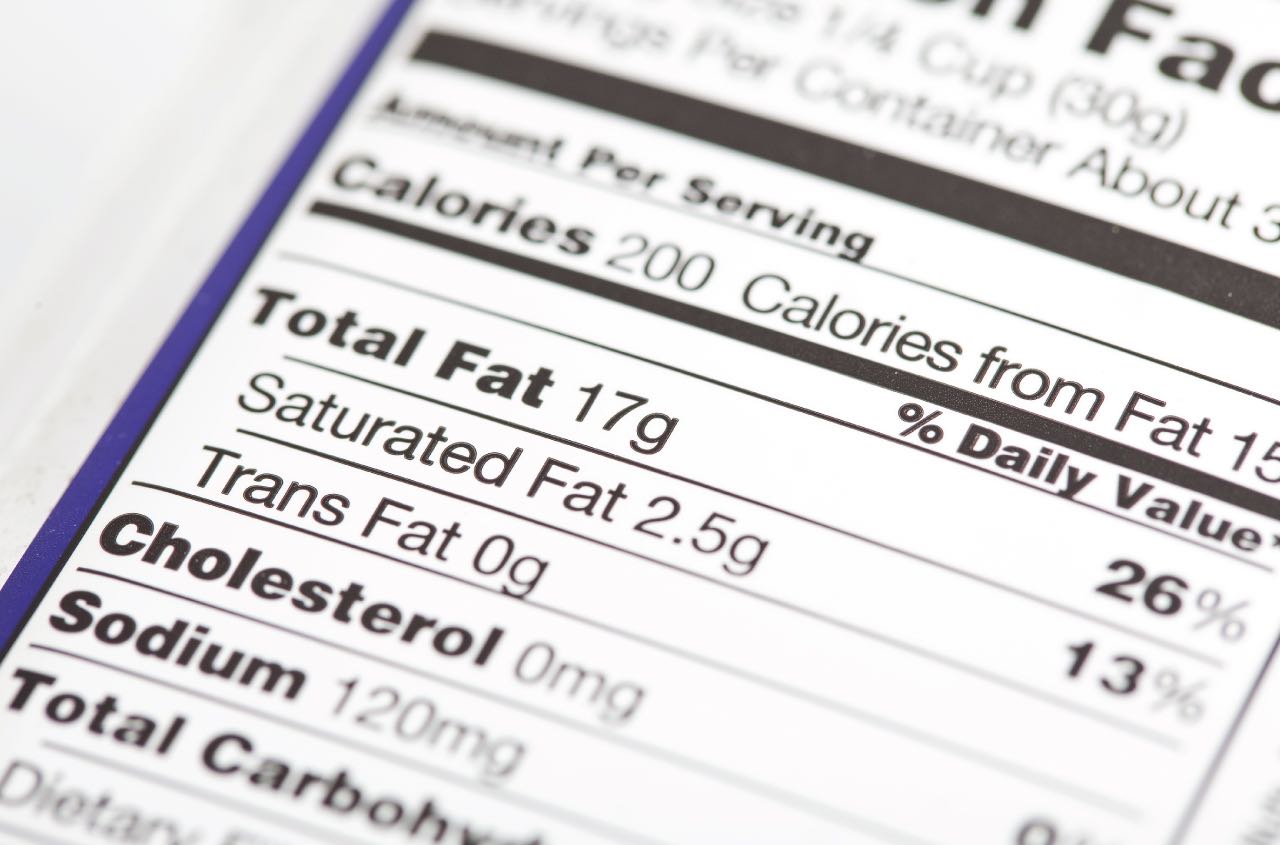Have you ever met a guy who claims he’s barely eating anything, yet can’t seem to lose weight?
Well, it turns out he might be right. Or, he might be lying without realizing it.
Over time, the body adapts to your caloric intake, which then necessitates a change in either energy expenditure or intake to continue weight loss.
So, what do you do when the scale stops moving, but you think you’re doing everything right? For one thing, don’t keep doing what you’ve been doing. It’s time to take an objective look at the situation and consider all the puzzle pieces.
Let’s dig in…
Do Calories Even Matter?
Well, yes … and no.
First, we must understand the definition of a calorie. Calories are simply a form of energy required to generate heat through the process of mechanical work.
You’ll never outrun the first law of thermodynamics – energy within an isolated system is constant. It can neither be created nor destroyed. In other words, weight gain or loss ALWAYS comes down to calories in versus calories out. You can’t lose weight if you take in more calories than you burn.
The if-it-fits-your-macros (IIFYM) people usually take this idea and run with it, stating that calorie counting is the only important variable when it comes to weight loss. While they are correct, food quality still plays an important role. Not to mention, food labels contain a fairly large margin of error, so it’s still a guess at best.
Remember that nutrition is highly individualized, and the science continues to evolve daily. Food intolerances, genetic factors, perceived satiety, blood chemistry, and lifestyle choices all influence the specific recommendations that should be tailored to each individual.[1]
So yes, total calories most definitely matter. But we have to keep long-term health and performance at the forefront of our nutritional choices.
Human Error and Personal Biases
It turns out that you probably underestimate your energy intake and overestimate your caloric expenditure.[2,3,4] That may sound harsh, but it’s the truth and has been backed by recent research.
As humans, we often fall for misconceptions that are ingrained in our philosophy. For example, when someone isn’t losing weight, they might fall into the hasty generalization fallacy.
Hasty Generalization Fallacy
A logical fallacy occurring when someone draws definitive conclusions based on inadequate, insufficient, or inconclusive evidence. Often biased individuals will jump to conclusions without validated evidence while simultaneously overlooking context and potential counterarguments.
When the scale fails to move, we immediately default to preconceived biases, often shaped by the influence of social media. You might hear people explain their lack of progress with a simple generalization that fits the current nutritional belief: “Well, I can’t lose weight now because I had that margarita last night, which kicked me out of ketosis.”
While someone may assume it’s due to altered biochemistry, it likely has a simpler explanation – you’re probably eating more than you realize and don’t want to admit it. Humans are notoriously good at underestimating how much they eat and overestimating their activity.
Sometimes, you need to be real with yourself and accept a little tough love. When you’re dieting, there will be times when you’re hungry, and you might not feel fantastic. Guess what? That’s par for the course when you’re pushing your body past the point of homeostasis.
You may not like counting calories. But at the end of the day, it’s likely one of the best strategies currently available to influence your body composition. Now, you don’t need to count calories forever. I recommend that people learn how to manage calories without constantly relying on numbers and calculators. It’s simply a tool in the toolbox that you need to learn how to use and manipulate, but that’s another article for a different time.
So What Do I Do to Lose Weight?
Well, that’s a tricky question that requires a detailed answer. Since I haven’t consulted with you personally, your lack of weight loss may be because of a few causes.
Maybe you are:
- Eating too much.
- Not eating enough protein.
- Skipping weight training.
- Not accounting for liquid calories.
- Not tracking calories.
- Stressed off the chart.
- Not sleeping.
- Dieting for too long and haven’t given your body a break.
If the scale isn’t moving, then the body is in homeostasis. So, either increase your training volume or decrease calories. One way or another, you must change the balance of the mathematical equation of calories in and calories out.
The vast majority of people don’t have to worry about dieting for so long that it alters hormone profiles and suspends weight loss. But this can certainly be a contributing factor for some physique competitors and bodybuilders who think that less is always more. However, they are usually the exception to the norm, so we can’t apply their results to the masses.
Weight Training
You can certainly lose weight without weight training, but the goal of weight loss should revolve around the concept of preserving as much muscle mass as possible while simultaneously mobilizing fat stores. This means that you have to weight train while maintaining a caloric deficit. If you choose to diet without weight training, you will lose muscle. It’s not a question of “if” but “when.”
If the scale isn’t dropping, then there’s a good chance you’re not taking the time to lay out a systematic approach to a complex problem. Look at these tips for swapping foods for fewer calories. It may be worth your time to invest in a coach and trust their judgment since they do this for a living. And, investing money is often a good motivator for most people who haven’t maintained consistency with their goals.
Losing weight is not always about doing more, eating less, and working harder. Sometimes, it’s about critically analyzing the situation, and then responding with a comprehensive, results-driven approach.
References
- Personalized Nutrition by Prediction of Glycemic Responses
- Discrepancy between Self-Reported and Actual Caloric Intake and Exercise in Obese Subjects
- Individuals Underestimate Moderate and Vigorous Intensity Physical Activity
- Difference Between Self-Reported and Accelerometer Measured Moderate-to-Vigorous Physical Activity in Youth








